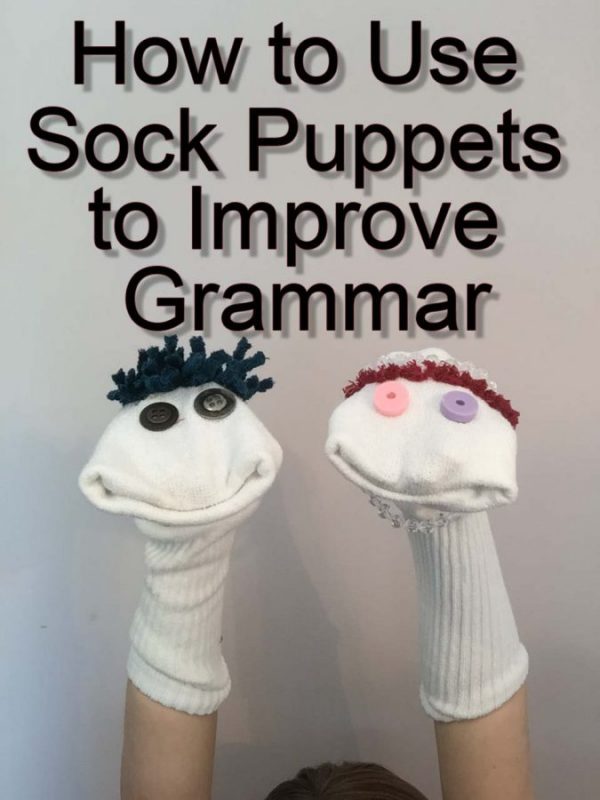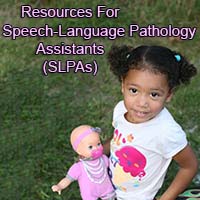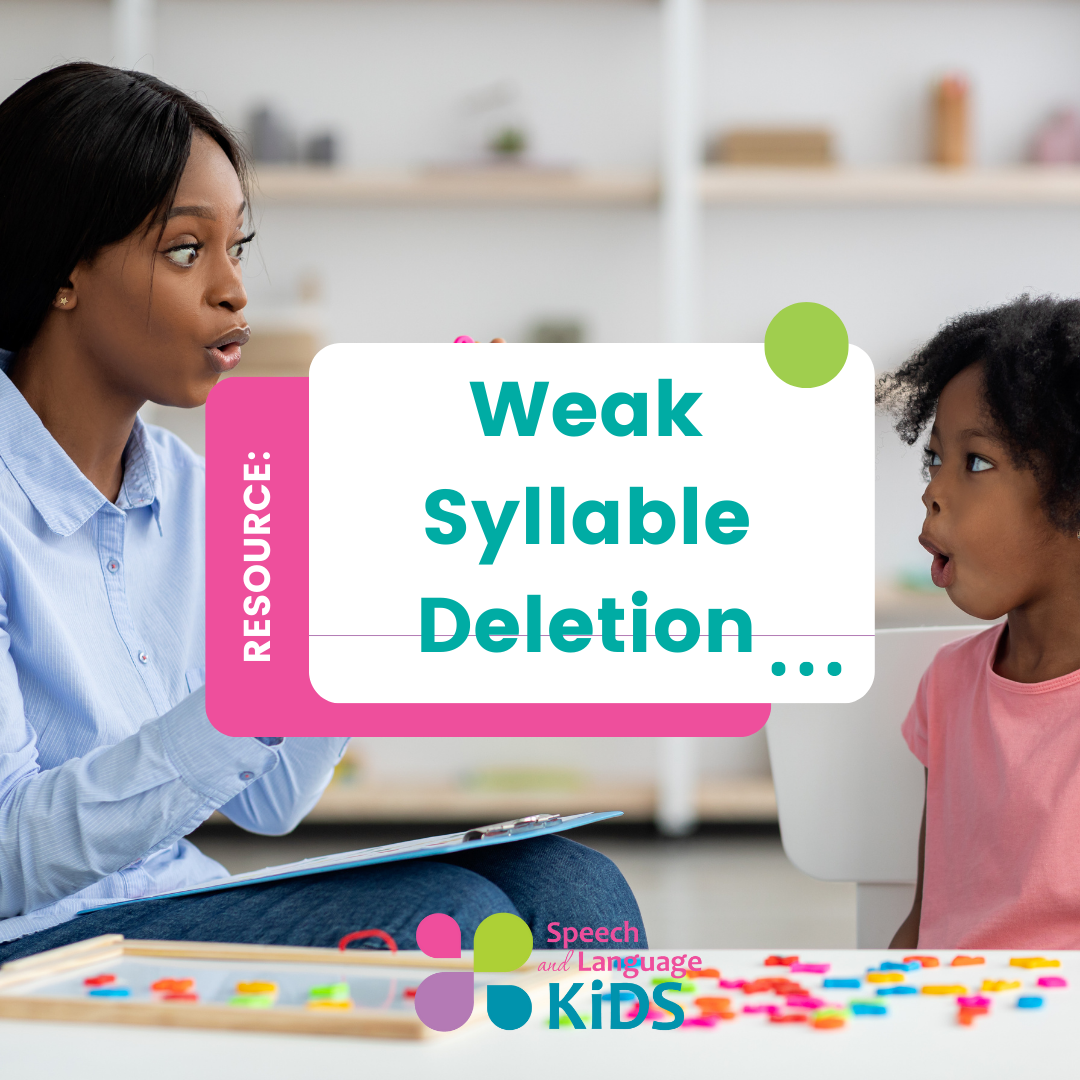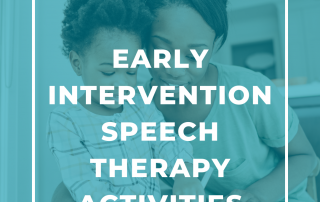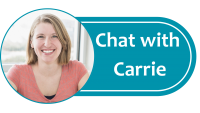Topic:
Resource Type:
Search Results:
Resources for Educators
Speech/Language Resources for Educators (Teachers, Special Educators, Therapists, Paras, etc.) Welcome to our speech/language resource page for educators! I don't know what your experience has been lately but it seems to me like more and more children are falling behind than ever before. Some of those children will
Resources for Caregivers
Speech/Language Resources for Caregivers (Parents, Grandparents, Nannies, etc.) Welcome to our speech/language resource page for caregivers! As a mom, I can say for certain that being a full-time caregiver of tiny humans is the hardest job I have ever done (including being a speech-language pathologist!). Helping a child
Speech Therapy for Autism | Goals and Strategies
What is Autism? According to Autism Speaks, the term "autism" or "autism spectrum disorder (ASD), refers to a broad range of conditions characterized by challenges with social skills, repetitive behaviors, speech and nonverbal communication. In order to be diagnosed with autism, a child must have each of
Speech Therapy Materials: What do I Need? (11 Free Therapy Materials)
Speech Therapy Materials and Tools: What Do I Need? Speech-language pathologists and assistants use a lot of tools and resources to teach speech and language skills to children. What speech therapy materials and tools do we need to do our jobs? And how can we find free
How to Use Sock Puppets to Improve Grammar (Pronouns and Verb Tenses)
This fun therapy activity will let you work on grammar skills like pronouns and verb tenses while you’re playing with sock puppets. It’s cheap, it’s easy, and it’s SUPER fun! Check it out: Materials: Two Sock Puppets: Use tube socks and hot glue eyes and hair onto them. Make
Resources for Speech-Language Pathology Assistants (SLPAs)
What is an SLPA? **This first part is about the roles of an SLPA. For resources, materials, and support: scroll down! Here’s what the American Speech-Language Hearing Association (ASHA) defines as a speech-language pathology assistant (SLPA): “Speech-language pathology assistants are support personnel who, following academic coursework, fieldwork, and
Ultimate Guide to Teaching Written Narratives by Grade Level
Breaking Down the Common Core Standards for Working on Written Narratives The common core standards are the set of curriculum guidelines that the department of education has set forth as a method of making sure that all students are taught the skills needed to be successful in college or
Dyslexia Speech Therapy: How SLPs Can Help with Dyslexia
Dyslexia Speech Therapy: How SLPs Can Help with Dyslexia Dyslexia is a specific learning disability that is neurobiological in origin. It is characterized by difficulties with accurate and/or fluent word recognition and by poor spelling and decoding abilities. These difficulties typically result from a deficit in the phonological
Echolalia: What is Echolalia and How Can We Help?
What is Echolalia? Echolalia Meaning: Echolalia is the term used to describe when a child repeats or imitates what someone else has said. Echolalia Examples: Immediate Echolalia: Sometimes a child repeats your question instead of answering it. If you say, “Do you want a
Weak Syllable Deletion: Speech Therapy for Syllable Reduction
Weak Syllable Deletion: How to Treat Syllable Reduction in Children Unstressed syllable deletion, also known as weak syllable deletion or syllable reduction, is the phonological process that occurs when a child deletes one or more syllables from a multisyllabic word. For example, "umbrella" might become "brella". This is
Goal Writing Resource Page
Click Here to Get a PDF Version of the Formula Carrie's Goal-Writing Tutorial Welcome to my Goal-Writing Tutorial! I am Carrie Clark and my website is all about providing resources and activities for speech therapists and parents of children with speech and language delays. If you've found this
Early Intervention Speech Therapy Activities
Early Intervention Speech Therapy Activities Early intervention is what we call therapy services delivered from birth-5 years of age. These are the years before kids enter Kindergarten and the public schools. These years are critical for communication development so if a child has communication difficulties, it is crucial
Making Inferences For Speech Therapy
How to Help Children Learn to Make Inferences An inference is when you use clues present (in text or in real life) along with your background knowledge to make a guess about something that's not explicitly known. For example, if you see an "out of order" sign, you
Tips for Productive Group Speech Therapy Sessions
Having trouble making your group therapy session run smoothly? Check out this video with four different approaches to group therapy plus tips for managing student behavior, collecting data, and starting your sessions off smoothly. To Download the Slides from this Video for Free, Click the Button
Writing IEP Goals | SMART Goals and Examples
Writing IEP Goals...The SMART Way! Writing IEP goals can be frustrating and intimidating...but it doesn't have to be! Imagine that you show up to an IEP (Individualized Education Plan) meeting, whether you are a parent or a professional, and you see a goal like this: "Bonnie will
Frontal Lisp/Interdental Lisp | Speech Therapy Ideas & Word Lists
What Is a Frontal Lisp? Let’s start at the beginning. A frontal lisp, also known as an interdental lisp, occurs when a child says the /s/ and /z/ sounds with the tongue pushed too far forward. This causes /s/ and /z/ to sound more like “th”. Frontal
Final Consonant Deletion | Activities, Words, and Goals
What is Final Consonant Deletion? Final consonant deletion is a phonological process (pattern of speech errors) where a child drops off the ending consonants of all words. Final Consonant Deletion Examples: “dog” becomes “dah” “cat” becomes “ca” And “Please Mom, can I eat some eggs and toast?”
Resources
The Ultimate Resource Guide for Speech Therapists and Parents I thought it would be helpful to create a resource guide that includes all of the tools and tips that will help you in your work with a child with speech and language delays. On this page, you will see
Speech Therapy Generalization: Boosting Self-Awareness to Increase Carry-Over
Speech Therapy Generalization: Boosting Self-Awareness to Increase Carry-Over In episode 25 of the Speech and Language Kids Podcast, speech-language pathologist Carrie Clark discusses how to increase self-awareness and carry-over skills for children who do not pay attention to if they are saying things correctly or not.
Teaching Present Progressive “-ing” Words for Kids
How to Teach Present Progress "-ing" Words to Children: The present progressive “-ing” grammatical marker is the one we tack on the end of a verb to say that the action is currently happening. For example, we might say “he is running” or “she is flying”. When a





